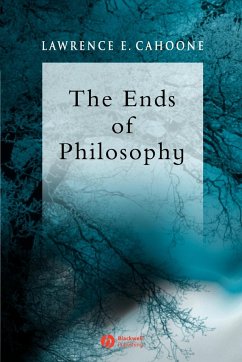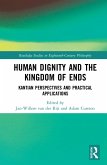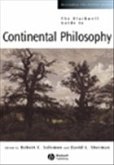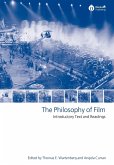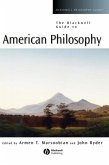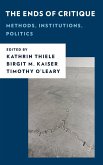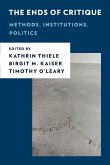This book engages the confrontation between the foundationalist aims of traditional philosophy, the postmodern critique, and the pragmatic attempt to maintain a form of non-foundational inquiry. Through readings of the work of Peirce, Nietzsche, Wittgenstein, Buchler, Derrida, Rorty, and others, the author examines the nature and scope of philosophical knowledge.
Hinweis: Dieser Artikel kann nur an eine deutsche Lieferadresse ausgeliefert werden.
Hinweis: Dieser Artikel kann nur an eine deutsche Lieferadresse ausgeliefert werden.
"The Ends of Philosophy has an ambitious project, anengaging philosophical seriousness, wonderful metaphilosophicalremarks, and terrific historical chapters. The chapter on Peirce'sphilosophy is, perhaps, the very best discussion I have seen. Thisis not to say I agreed with all of it - I did not agree withthe criticism of me! - but I was impressed by all of it,including the unexpectedly poignant and modest conclusion."Hilary Putnam, Harvard University
"Cahoone is acutely aware of the problem of self-referentialityin philosophy. The problem especially plagues relativism because,if truth is relative to an inquirer or to a context, then so is theclaim that this is so. Cahoone shows that all forms of anti-realismmust affirm some form of relativism, even naturalism andpragmatism. This argument is often put forward more for its displayof logical acumen than as a serious way to probe the strengths andlimitations of a position. Cahoone has the latter purpose. Hedevelops his arguments judiciously, and is so successful in makinghis point that he can turn this critique upon himself with apositive result. This is one of the notable accomplishments of thebook." George Allan, Dickinson College
"Cahoone is acutely aware of the problem of self-referentialityin philosophy. The problem especially plagues relativism because,if truth is relative to an inquirer or to a context, then so is theclaim that this is so. Cahoone shows that all forms of anti-realismmust affirm some form of relativism, even naturalism andpragmatism. This argument is often put forward more for its displayof logical acumen than as a serious way to probe the strengths andlimitations of a position. Cahoone has the latter purpose. Hedevelops his arguments judiciously, and is so successful in makinghis point that he can turn this critique upon himself with apositive result. This is one of the notable accomplishments of thebook." George Allan, Dickinson College

